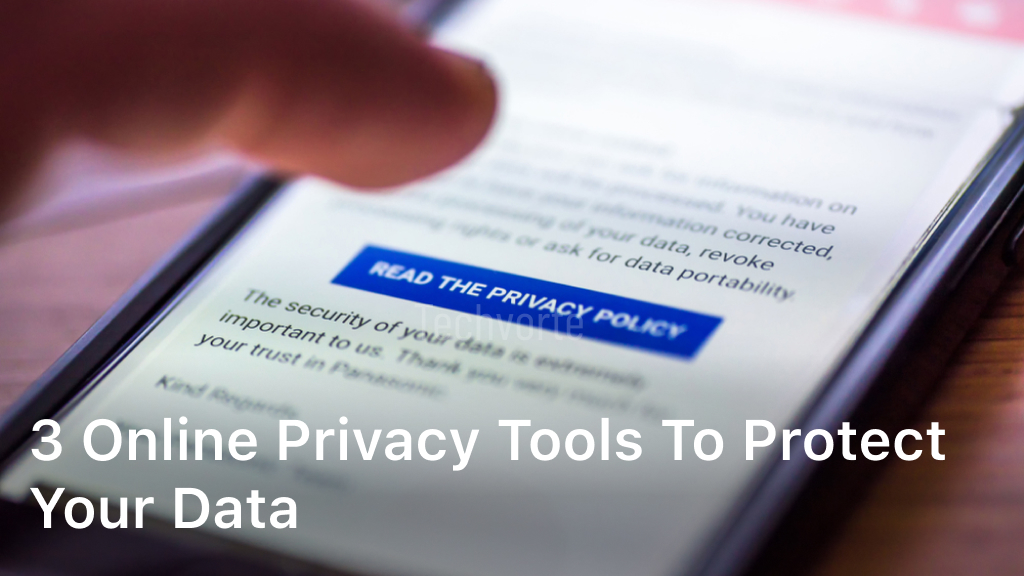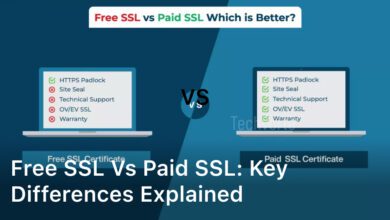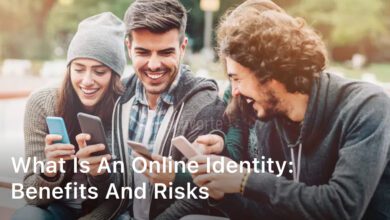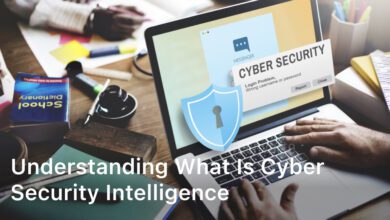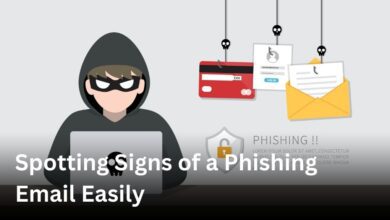In today’s digital age, where personal information is constantly at risk of being compromised, ensuring online privacy has become more critical than ever.
With the growing concern over data breaches and surveillance, individuals are seeking ways to safeguard their sensitive information.
Thankfully, there are several online privacy tools available to help protect your data from prying eyes.
Importance of Online Privacy
Online privacy is the concept of controlling the information you share online and who has access to it.
It encompasses protecting personal data such as browsing history, financial transactions, and communication from unauthorized access.
Preserving online privacy is essential for safeguarding against identity theft, cyberattacks and invasive advertising practices.
Introduction to Privacy Tools
Privacy tools are software or applications designed to enhance online security and protect user privacy.
These tools employ various techniques such as encryption, anonymity and secure communication to safeguard sensitive information from interception or exploitation by third parties.
3 Online Privacy Tools You Can Use
Virtual Private Networks (VPNs)
What is a VPN?
A Virtual Private Network (VPN) is a service that creates a secure, encrypted connection over the internet, allowing users to browse the web anonymously and securely.
By routing your internet traffic through a remote server, VPNs conceal your IP address and encrypt your data, preventing hackers, ISPs and government agencies from monitoring your online activities.
How VPNs Work
When you connect to a VPN server, your internet traffic is encrypted and routed through the VPN tunnel, protecting it from interception.
VPNs also mask your IP address, making it appear as though you are accessing the internet from a different location, thereby enhancing your online anonymity.
Benefits of Using a VPN
- Enhanced Security: VPNs encrypt your internet traffic, preventing unauthorized access to your data.
- Anonymity: VPNs hide your IP address, making it difficult for third parties to track your online activities.
- Access to Restricted Content: VPNs allow you to bypass geo-restrictions and access region-locked content.
- Public Wi-Fi Protection: VPNs secure your connection on public Wi-Fi networks, protecting you from cyber threats.
Considerations When Choosing a VPN Provider
When selecting a VPN provider, consider factors such as encryption protocols, server locations, logging policies, and customer support.
Additionally, opt for reputable VPN services that prioritize user privacy and have a track record of maintaining data security.
Password Managers
Understanding Password Managers
A password manager is a software application that stores and manages your passwords in a secure vault.
Instead of remembering multiple passwords for different accounts, a password manager generates and stores complex passwords, ensuring stronger security against unauthorized access.
Features of Password Managers
- Password Generation: Password managers generate strong, unique passwords for each of your accounts.
- Secure Storage: Passwords are encrypted and stored in a centralized vault, accessible only with a master password.
- Auto-fill: Password managers automatically fill in login credentials, saving time and reducing the risk of phishing attacks.
- Cross-Platform Compatibility: Password managers are compatible with various devices and platforms, allowing seamless access to your passwords across devices.
How Password Managers Enhance Security
By using a password manager, you can create complex, unique passwords for each online account without the need to memorize them.
This reduces the risk of password reuse and enhances security against brute force attacks and password theft.
Secure Messaging Apps
The Need for Secure Messaging
With the increasing concern over privacy breaches and surveillance, secure messaging apps have gained popularity as individuals seek ways to communicate privately without compromising their sensitive information.
Characteristics of Secure Messaging Apps
- End-to-End Encryption: Secure messaging apps employ end-to-end encryption to ensure that only the sender and intended recipient can read the messages.
- Message Self-Destruction: Some secure messaging apps offer the option for messages to self-destruct after a specified period, enhancing privacy.
- Anonymous Registration: Secure messaging apps may allow users to register anonymously without requiring personal information.
Examples of Secure Messaging Apps
Popular secure messaging apps include Signal, Telegram, WhatsApp (with end-to-end encryption enabled) and Wickr.
These apps prioritize user privacy and security, offering features such as disappearing messages, encrypted voice and video calls, and secure file sharing.
Factors to Consider When Choosing a Secure Messaging App
When selecting a secure messaging app, consider factors such as encryption standards, privacy policies, platform compatibility, and user base. Choose an app that aligns with your privacy preferences and offers the features you need for secure communication.
Popular Password Manager Options
Some popular password manager options include LastPass, Dashlane, 1Password and Bitwarden.
These password managers offer a range of features such as multi-factor authentication, secure sharing and biometric authentication to ensure robust password security.
Secure Messaging Apps
The Need for Secure Messaging
With the increasing concern over privacy breaches and surveillance, secure messaging apps have gained popularity as individuals seek ways to communicate privately without compromising their sensitive information.
Characteristics of Secure Messaging Apps
- End-to-End Encryption: Secure messaging apps employ end-to-end encryption to ensure that only the sender and intended recipient can read the messages.
- Message Self-Destruction: Some secure messaging apps offer the option for messages to self-destruct after a specified period, enhancing privacy.
- Anonymous Registration: Secure messaging apps may allow users to register anonymously without requiring personal information.
Examples of Secure Messaging Apps
Popular secure messaging apps include Signal, Telegram, WhatsApp (with end-to-end encryption enabled) and Wickr.
These apps prioritize user privacy and security, offering features such as disappearing messages, encrypted voice and video calls and secure file sharing.
Factors to Consider When Choosing a Secure Messaging App
When selecting a secure messaging app, consider factors such as encryption standards, privacy policies, platform compatibility and user base.
Choose an app that aligns with your privacy preferences and offers the features you need for secure communication.
Conclusion
In an era where online privacy is increasingly threatened, utilizing privacy tools is essential for safeguarding your sensitive data from prying eyes.
Virtual Private Networks (VPNs), password managers and secure messaging apps are effective tools for enhancing online security and protecting your privacy.
By incorporating these tools into your digital lifestyle, you can mitigate the risks of data breaches and maintain control over your personal information.
FAQ
How do online privacy tools protect my data?
Online privacy tools such as VPNs, password managers, and secure messaging apps utilize encryption and other security measures to protect your data from unauthorized access and interception.
Are there free options available for these tools?
Yes, there are free options available for VPNs, password managers, and secure messaging apps. However, premium versions may offer additional features and enhanced security.
Can online privacy tools prevent all forms of data breaches?
While online privacy tools can significantly reduce the risk of data breaches, they cannot guarantee complete protection. It’s essential to follow best practices for online security and remain vigilant against potential threats.
Do I need technical knowledge to use these tools?
Most online privacy tools are designed to be user-friendly, with intuitive interfaces that require minimal technical knowledge to use. However, it’s essential to familiarize yourself with the features and settings of each tool to maximize their effectiveness.
Are online privacy tools legal to use?
Yes, online privacy tools are legal to use in most jurisdictions. However, their legality may vary depending on local laws and regulations. It’s essential to use these tools responsibly and comply with applicable laws and policies.
